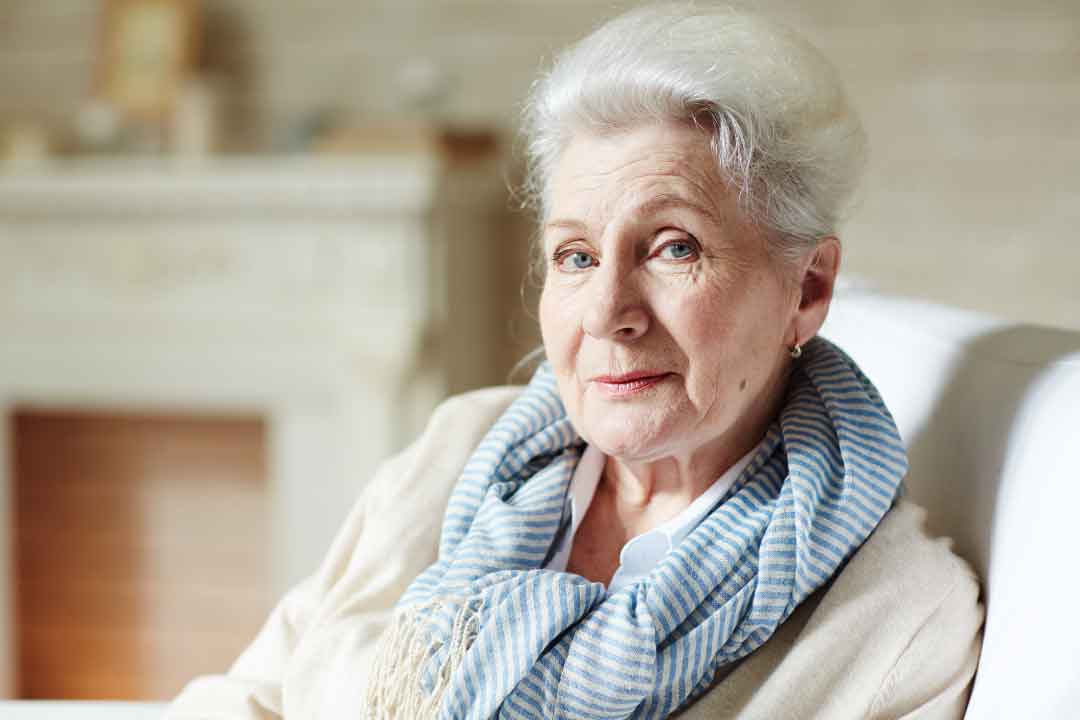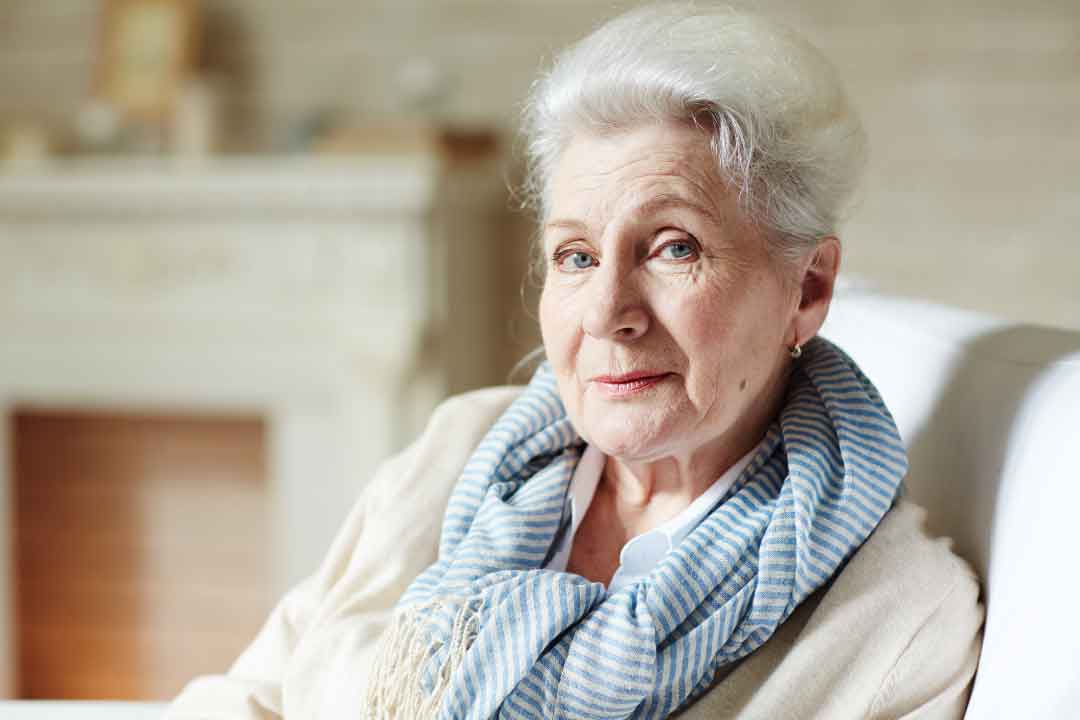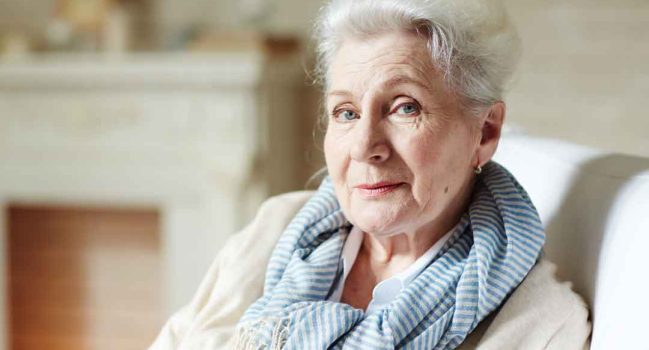
Glaucoma - The silent thief of sight
Many eye conditions develop slowly, so you often don't even notice that your eyesight has changed until you come in for a test. That's why we recommend regular eye tests so we can pick up conditions such as glaucoma as early as possible. Read on to find out more about this, in this post put together by our head office team.
Glaucoma is the leading cause of irreversible blindness in the world. It affects 300,000 Australians, with 50% of people unaware that they have the disease because they haven’t had a comprehensive eye exam.
Known as the ‘silent thief of sight’, glaucoma develops slowly for most people, and a considerable amount of peripheral vision may be lost before the problem becomes apparent.
There is no cure for glaucoma and vision loss is irreversible but early detection and treatment can save your sight.
One of the strongest messages around glaucoma is early detection and family history.
Veronica’s story
Blue Mountains based Veronica Dooley is one of the 3% of Australians over the age of 50 who has glaucoma.
Veronica was diagnosed more than 32 years ago at the age of 60. She is one of four siblings, three of whom have also suffered from glaucoma.
She still recalls being shocked by the diagnosis.
“I mentioned to my daughter that I was having some issues with my sight, so I booked an appointment to get my eyes checked with the specialist.
“I’ll never forget that moment when the doctor said to me, ‘You are going blind’. From that moment on I have done everything in my power to follow the instructions given to me by my doctors and I have followed my treatment plan religiously.”
Veronica’s treatment plan has involved eye drops on a weekly basis for the last three decades. It has preserved sight in her right eye while her left eye continues to be closely managed.
As a result of her commitment to her treatment plan Veronica is able to live on her own and enjoy an independent life. She catches the bus to go shopping every fortnight after voluntarily giving up her driver’s licence when she suddenly started to lose sight of the lines in the middle of the road.
“I walked straight into the registry and handed in my licence,” she says. “It was hard but I have been able to hold onto my remaining sight and maintain my independence thanks to the dedication of my doctors and my determination to follow my treatment plan. I’m a big believer if something has to be done, then get it done.”
Family history
Veronica recalls that her brother had “an aggressive form of glaucoma” whereas her sisters, “like me, are managing their glaucoma”.
“We are unaware if there was glaucoma in our family as back then there wasn’t the testing facilities available that we have today, and health issues were kept private. But that’s not the case today, so ask your family if anyone has glaucoma, as it is hereditary, and early detection is key,” adds Veronica.
Glaucoma awareness campaign
Veronica stresses the importance of having an eye exam because it could be the difference between losing your vision, or keeping it for life.
“Early detection is key. I was so stunned by my glaucoma diagnosis. I had no signs before, and absolutely no pain. Get in early and have an eye exam so you can live the rest of your life normally and hold onto your independence. You can’t undo the damage once it’s occurred,” says Veronica.
Glaucoma Australia recommends that anyone over 50 should visit their local optometrist for a comprehensive eye examination every two years, and if you have a family history of glaucoma check-ups should begin from 40.
To find out more about glaucoma book an appointment with us.
Ready to book an appointment?
Online bookings available or call us on (07) 3463 0349.
This website does not provide medical advice. It is intended for informational purposes only. It is not a substitute for professional medical advice, diagnosis or treatment. Never ignore professional medical advice in seeking treatment. If you think you may have a medical emergency, immediately dial Triple 0 (000).


